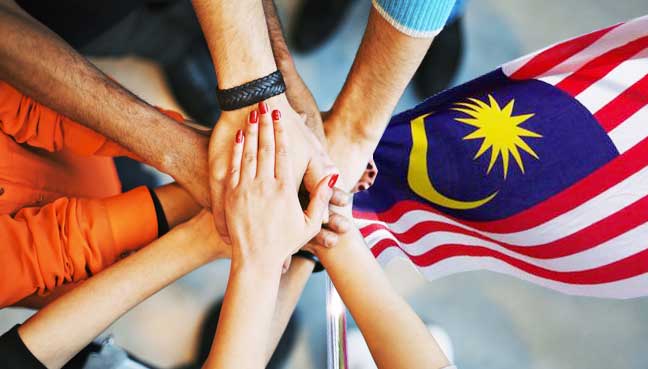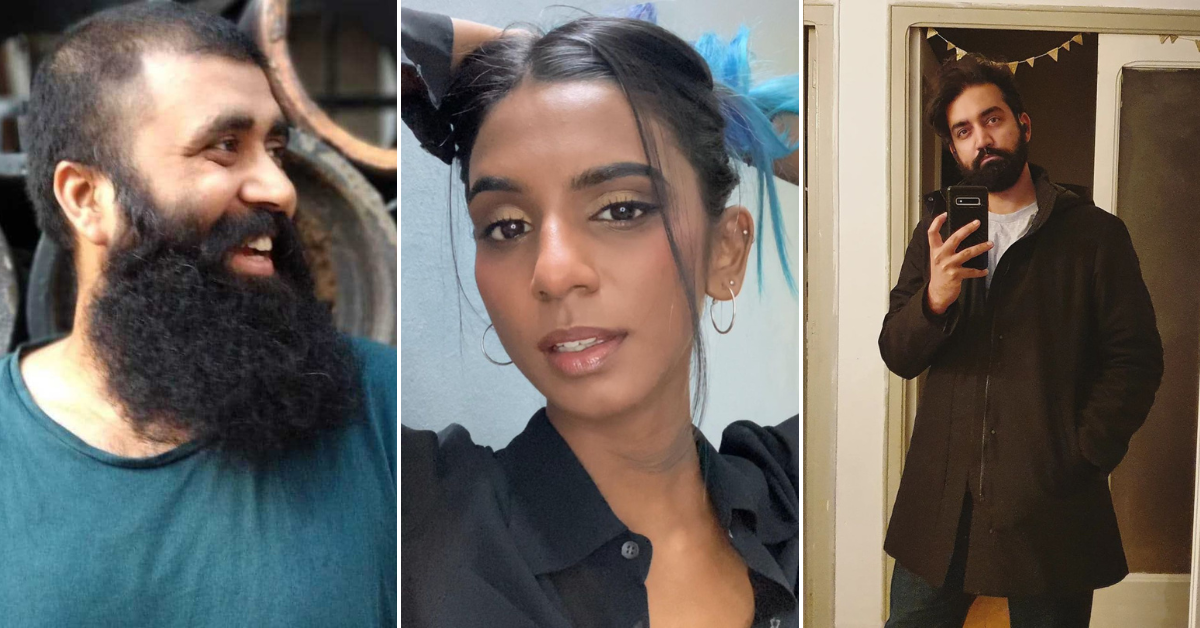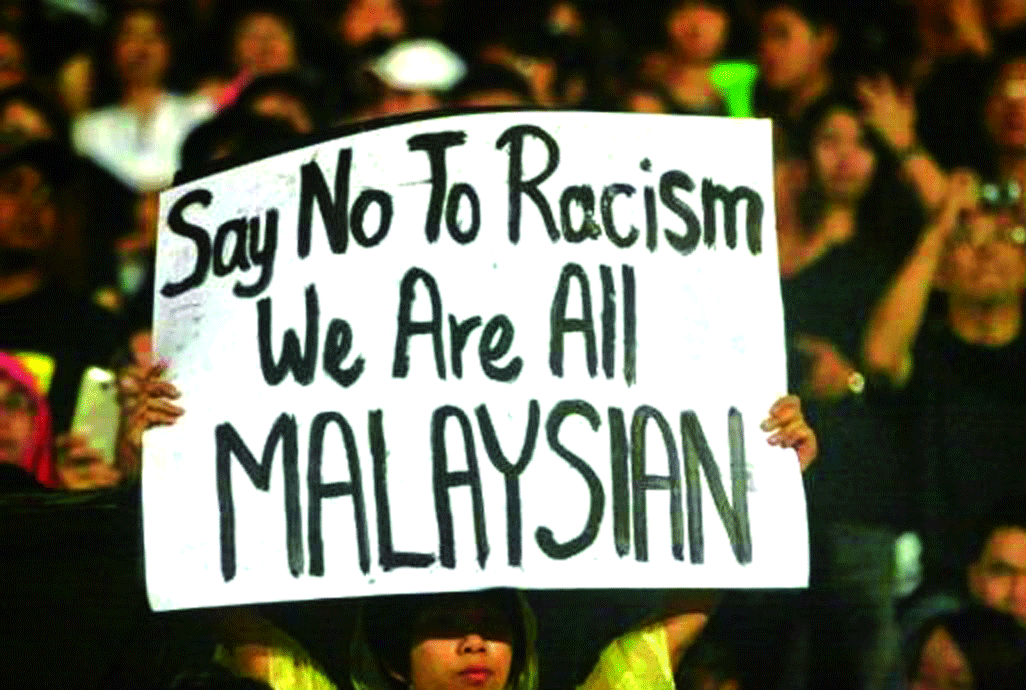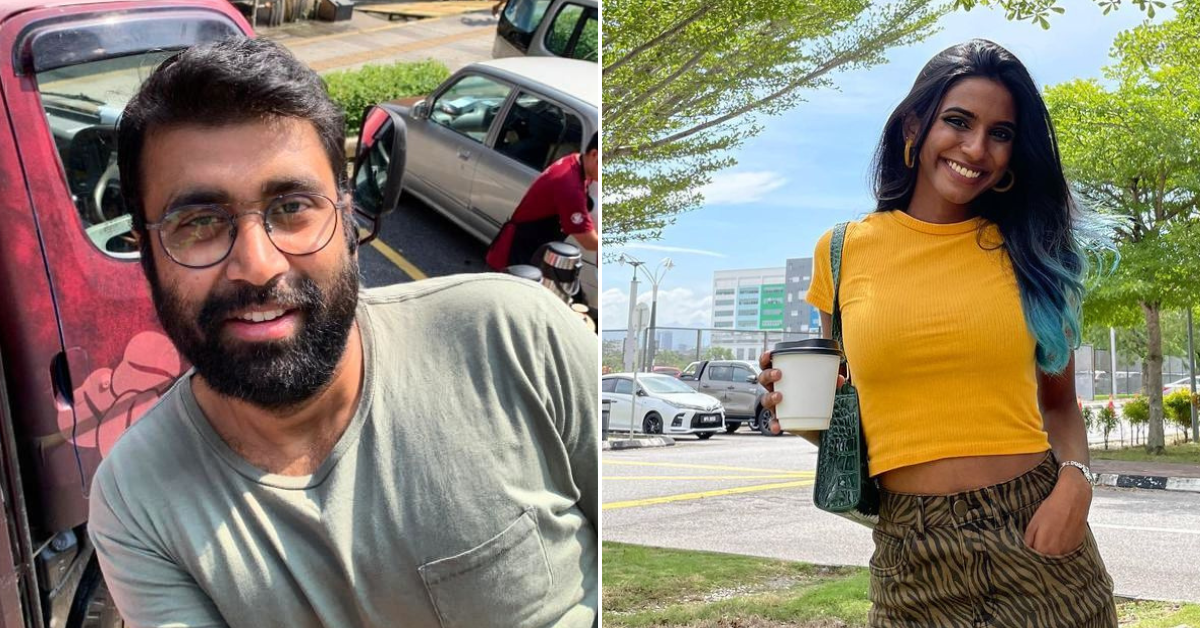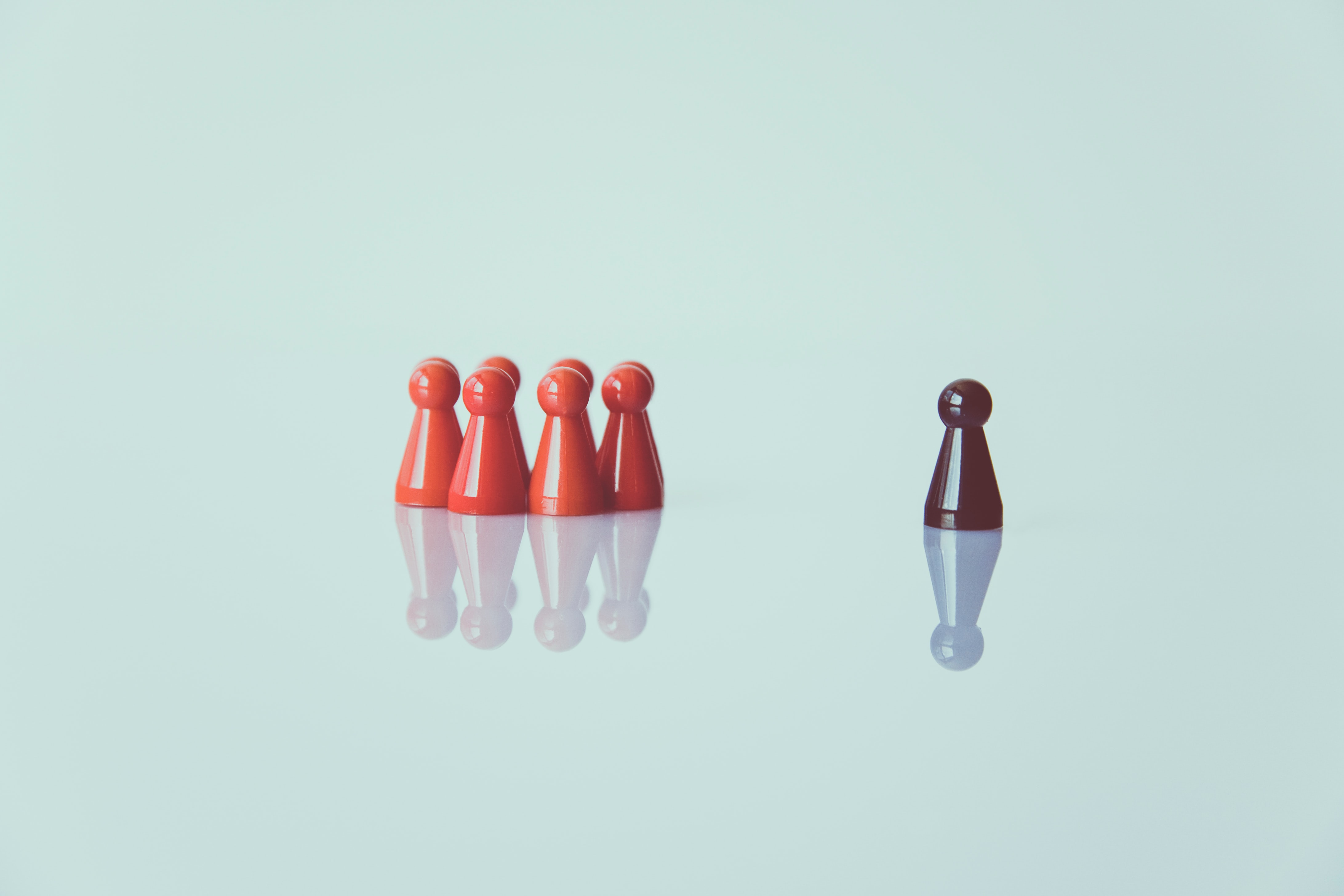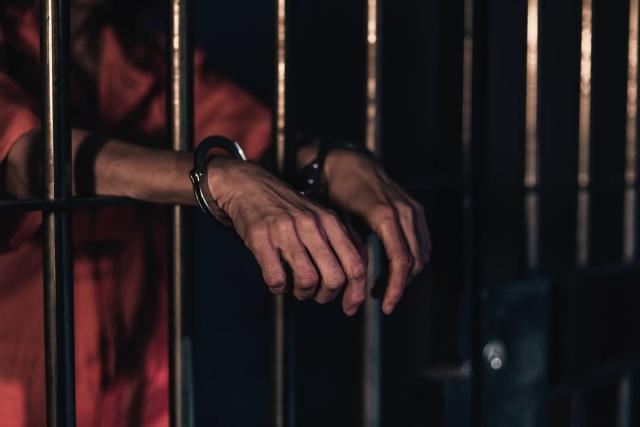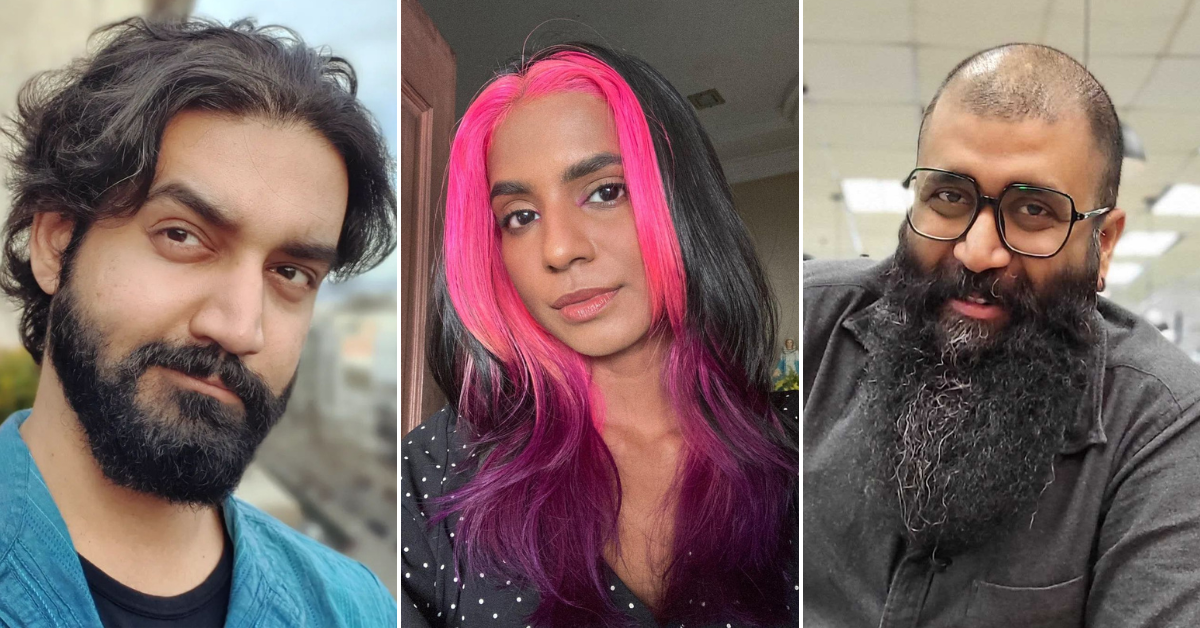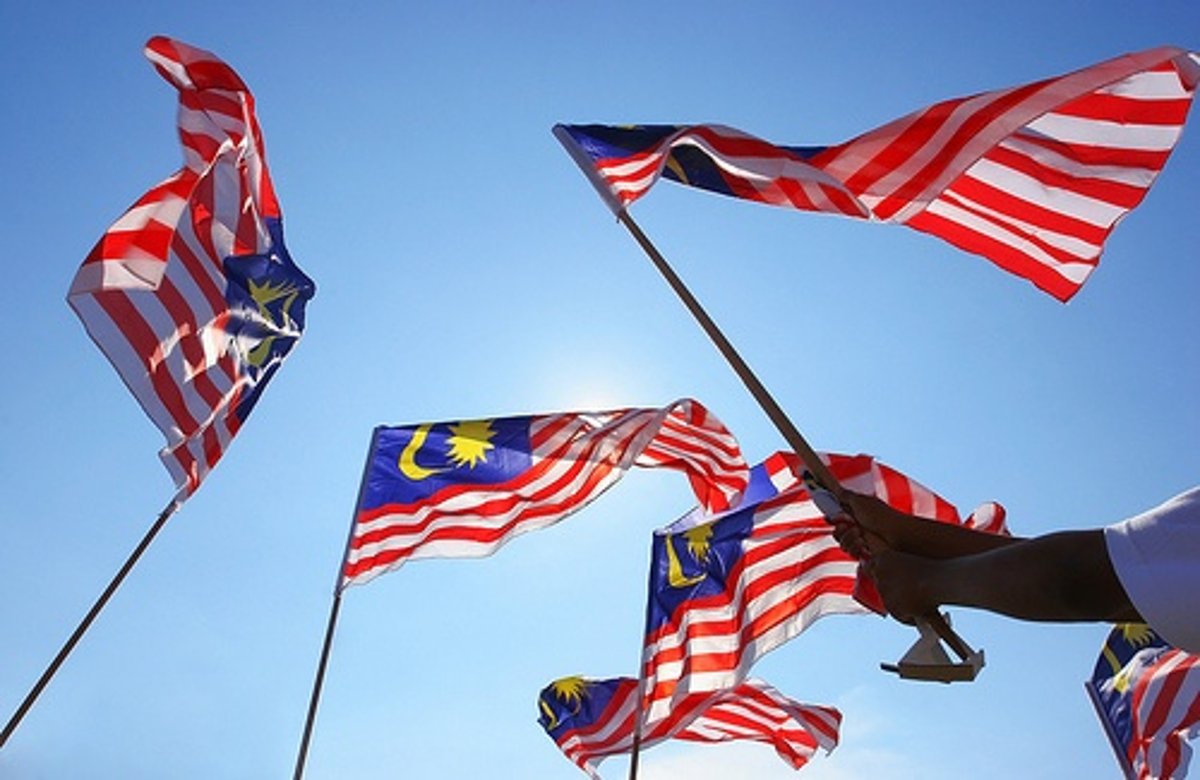"The Indian Dilemma" — What It's Like Living As One Of The Largest Minorities In Malaysia
"See us as Malaysians first, Indians second."
"We are all Malaysians. This is the bond that unites us. Let us always remember that unity is the fundamental strength as a people and as a nation" – Tunku Abdul Rahman
Racial harmony is a distinctive trait of Malaysian culture. Globally, we're known as a nation that 'accepts' a multitude of customs and traditions inherited by our ancestors that made Malaysia their home. But while regular discourse over our differences is healthy at times, can this ideology be taken too far?
According to Malaysia's department of statistics, the Malaysian Indian population makes up 6.6% of the total composition, with Malaysian Chinese making up 22.8%, and the Bumiputera group holding the majority at 69.9%. Staggeringly, the Malaysian Indian population is just a tenth of the Bumiputera configuration.
As a crucial minority of Malaysia's ethnic composition, it's undeniable that the experience of living here is a unique one for our Malaysian Indian brethren. Yet, how does the affair that is their day-to-day lives manifest in society at present day? Have we, as Malaysians, moved forward from divisive rhetoric that divides the races more than unifies them?
To understand more, we gathered three distinct individuals to share what life's been like for them as Malaysian Indians
Ash Menon is a 35-year-old web developer who probably knows his birth country better than most others. Growing up in Johor and having lived in both Seremban and Shah Alam, he now lives in Barcelona to pursue his full-time career. As an openly bisexual man, Ash's take on his race only enriched the conversations that ensued.
No stranger to the world of media, 23-year-old Anne Jacyntha has made waves across the nation by making history a couple of weeks back. As the first woman to headline the Hitz Morning Crew, Anne's legacy has only just begun, and we were lucky enough to speak to her on what her journey has been like, which moulded her into the person she is today.
Last, but certainly not least is our very own Sadho Ram. A senior features writer at SAYS for over 10 years, Sadho's life in Malaysia began three years ago, when he moved here full-time to pursue his passion for writing. An expat from India, Sadho's globally prosperous life for the past 36 years was just the perspective we needed for such concrete topics.
Sadho (left), Anne (centre), and Ash (right).
Image via Sadho Ram (Provided to SAYS)/ @theweekanne (Instagram)/ @ashvinmenon (Instagram)Starting from the very beginning, Ash, Anne, and Sadho described what racism means to them as one of the largest minority races in Malaysia
"It's a lack of opportunity and lack of kindness towards a certain race based off their skin colour," said Anne. "It comes down to how races see each other, and how a minority race is treated by the majority race," prefaced Sadho.
Expanding the issue, Ash was forthright on the notion that this manifests itself in racial appearance, and not someone's actual race, "It's learnt behaviour, something you're taught to show an extreme level of hate towards just because of how they look."
While the trio had relatively similar takes on what racism is, their image on its effect towards their own race differed across the board. "I come across stories of discrimination [for my work], and they always lean towards Malaysian Indians," referenced Sadho. Explaining her take, Anne opined that in many areas of society, Indians are holistically marginalised.
Ash, however, reckons that economically disadvantaged Malays have it the worst, "Other races tend to draw on economic policies and quickly dismiss [Malays] as the 'haves', when in reality — the majority do not have access to these 'privileges'. While the other races see themselves as the 'have nots', these Malays, in particular, are excluded entirely from the conversation, they're discriminated from both angles."
Nonetheless, all three of them have not been free from the bounds of racial discrimination.
When asked about the earliest memory they have on being racially blackballed, each recollection was clear as day.
Ash recollected a time when a teacher told him to 'go back to India' in his first year of primary school. "I wasn't angry in the moment — I was confused because I didn't know what an 'India' was. When you're seven, you don't think of yourself as a race, you think of yourself as hungry, or wanting to play games. It made me aware of what racism was."
Racism doesn't need malicious intent behind it, it can be nonsensical in its entirety.
Going back to her pre-teens, Anne described how an encounter with a stranger at the movie theatres shifted her entire perspective on race. "I was watching a Thai ghost movie, and a Chinese guy with his girlfriend happened to sit next to me. After sitting down, he turned to his girlfriend and told her in Mandarin that I looked so black, that I scared him more than the ghost. I was fluent in Mandarin at the time, but I didn't say anything. I wish I did, looking back now."
Drawing on her experience, Anne was direct about how normalising such harmful 'jokes' could make a deep impression on young girls, "What if he said the same thing to a younger dark-skinned girl?"
Sadho, on the other hand, had an amalgamation of vitriol directed his way, in respect to his race and nationality. "I had an experience which was at my expense, but wasn't directed at me," he said. "My colleague, who is a Malay girl, used to drop me off at my apartment after work. One time, the guard stopped her when she was on her way out and told her to be careful, and not give lifts to someone who looks like me, because she wouldn't know 'what I'm doing in Malaysia'."
Despite confronting the guard eventually, Sadho was told that it was 'their job' to 'look out for these social instances'. "I feel frustrated with the perception the general population has, that if you belong to a specific community, you're looked down upon in a manner that takes away your agency, and identity, for things I have no say in. The worst part is being called sensitive, just for addressing these issues."
And while damage can be done from nonsensical discrimination alone, negative stereotypes against the Indian community made things just as harmful
"I saw a lot of generalising — making fun of an Indian accent, doing the head-shaking — it was small things, and I didn't want to be seen as 'too Indian', or give them the opportunity to make fun of me," recalled Ash on his schooling days. "To add another layer on top of that, I was somewhat of an effeminate kid, so there was already some degree of ostracisation between me and the other kids."
He stated that the external conditioning of the Indian community made it harder for him to make friends of his own race, "There was a perception that Indians are not academically smart, didn't study hard, and remained at the back of the class. This rubbed me the wrong way, and I wanted to be perceived as 'smart', which meant mingling with the Chinese kids instead."
Ash explained that through this life-long conditioning of negativity from external sources, his present-day adherence in connecting with his culture has been affected too, "I had to do a lot of unlearning about Malaysian Indians, but at this point, I've distanced myself so much from it that it became second nature, set in stone almost."
As a woman, Anne described her challenges in school through a more consequential pair of eyes. "In Form 5, I started using a skin-lightening product, and it started to work. I didn't think anyone would notice, but it was jarring when I went to school, and everyone complimented how fair I looked. On one end, I felt happy that people thought I looked good, but was it because I looked fairer?"
Taking a step back to reevaluate the whole situation, Anne noted that she had a lot of understanding to do. "I couldn't be mad at my friends because we've been conditioned our entire lifetime to believe that fairness is the standard of beauty, and that dark-skinned Indians are 'ugly'."
As for the cream, Anne revealed she stopped using it shortly after, and that it has since been banned in Malaysia for containing mercury, a harmful substance that can permanently damage your skin.
"I had to unlearn a lot of things in my household when I got older"
Belonging to the Malayali community, Ash was not shy in sharing his views on his ethnic group. "The community has always been a stand-apart faction, there's not a lot of community spirit in my opinion. There's envy, for sure, because it would be nice. But it's also a trade-off, because you don't have expectations, which can be hard to break out of."
Living an almost reverse experience, Anne was direct about the perception of racism within the Tamil community, "They refuse to address the fact that they are racist towards themselves. You would think everyone understands the plight each other has faced, but it's far from that."
Recollecting an instance with her relatives, Anne stated that she had dark-skinned elders give her advice about her skin tone. "How can you, a dark-skinned person, look at someone who has a very similar tone to you, and say that? My grandmother has made comments as well, telling me to ask my fairer cousins what their skin routine is, and to mimic it. It reached a point where I had to tell her to stop, it was too overwhelming."
While she stands up for herself and tries to bring awareness of this harmful 'advise' to her family, Anne acknowledged that these were probably what her elders heard in their youth as well, and being stuck in that cycle through each generation, would be difficult to change.
It sucks to know that the reality of it is — everyone hasn't healed from their own trauma.
Though some battles ensue privately, fighting the plight against colourism and racism in Malaysia has remained a challenging journey
Captivating a nation, the racist housing crisis has been an arduous battle for the Indian community in Malaysia, especially Malaysian-Indian men.
Dissecting the troubles in finding a house in Malaysia as an expat, Sadho was certain that his identity as an Indian exacerbated his efforts. "I've had agents not reply to me after I told them my race. I've even seen listings that specifically list Chinese and Malays as people with 'good profile'. So, all Indians have bad profile? What frightens people so much that they won't let us rent a unit they are listing publicly?
You cannot use your 'preference' as an excuse to mask your racism.
Anne's journey to understanding the perception of her race was undeniably unique from the male experience. On one end, Anne was open about how it affected her socially, "I've wondered many times, am I not desired by other guys because of my skin colour? When you see other girls get doted on, and it's not happening to you, it gets in your head."
Nevertheless, referencing the statistics of custodial deaths in Malaysia, Anne embellished on how the trend of racial profiling is undeniable in policing, "It's hard, scary, and confusing to think that you're being headhunted because of your skin colour."
"Growing up, my brother reached the age of going out late at night, and I wouldn't sleep until he came home. It's confusing to wonder who has it worse — by attractiveness in society, there's no denying that girls have it worse. But if we're talking about life-threatening experiences, men have it worse, by a lot."
It is through these occurrences, Anne said, that it goes on to affect choices determining their futures. "I used to ask my parents, why the whole doctor-lawyer-engineer thing? Why was it necessary? It's security, as simple as them knowing we will be revered in society. It's sad to experience that, because their worry is simple: for us to be okay when we get older."
"It's easy to feel sad and unwanted. But I was born here. I am proud to be Malaysian, and nothing is going to change that."
Buckling down on the rich culture Malaysia has to offer, Ash offered a cheeky idiom on how each and every citizen, regardless of race and creed, should move forward in respect to understanding all cultures. "Indians being part of the Malaysian makeup needs to be looked at as an added spice in a dish. Enjoying what we add to the dish makes it better, as opposed to obsessing over where that spice came from, or what colour it is."
Be that as it may, Sadho and Anne uttered how a culture should not be adored while shunning those from whom it originate from. "I want to see us as being wholly part of society — not just the clothes, not just the food, not just the songs, not just the culture, but accepting us as people who have substance, talent, and can bring our contributions to the table to make Malaysia better."
Closing off the discussion, Sadho had a poignant phrase to engulf the entire message, "See us as Malaysians first, Indians second."
For this Independence Day, we stand united and affirm the Indian community of Malaysia. Only with all of us, can we build a better tomorrow.
Selamat Hari Merdeka, everyone.
